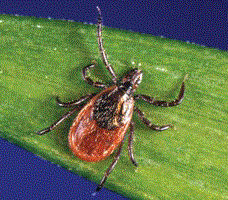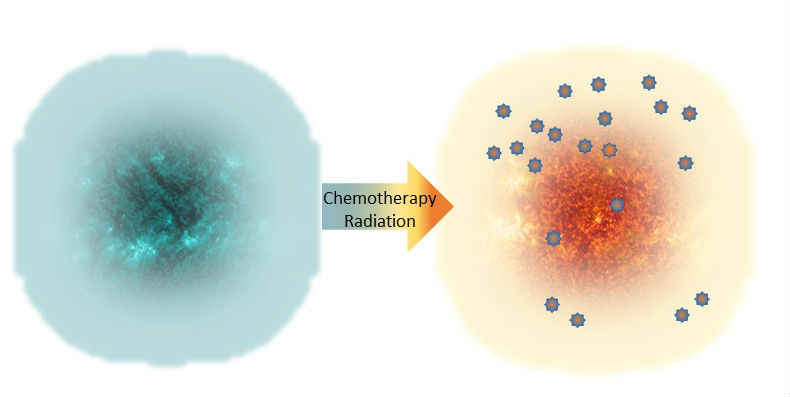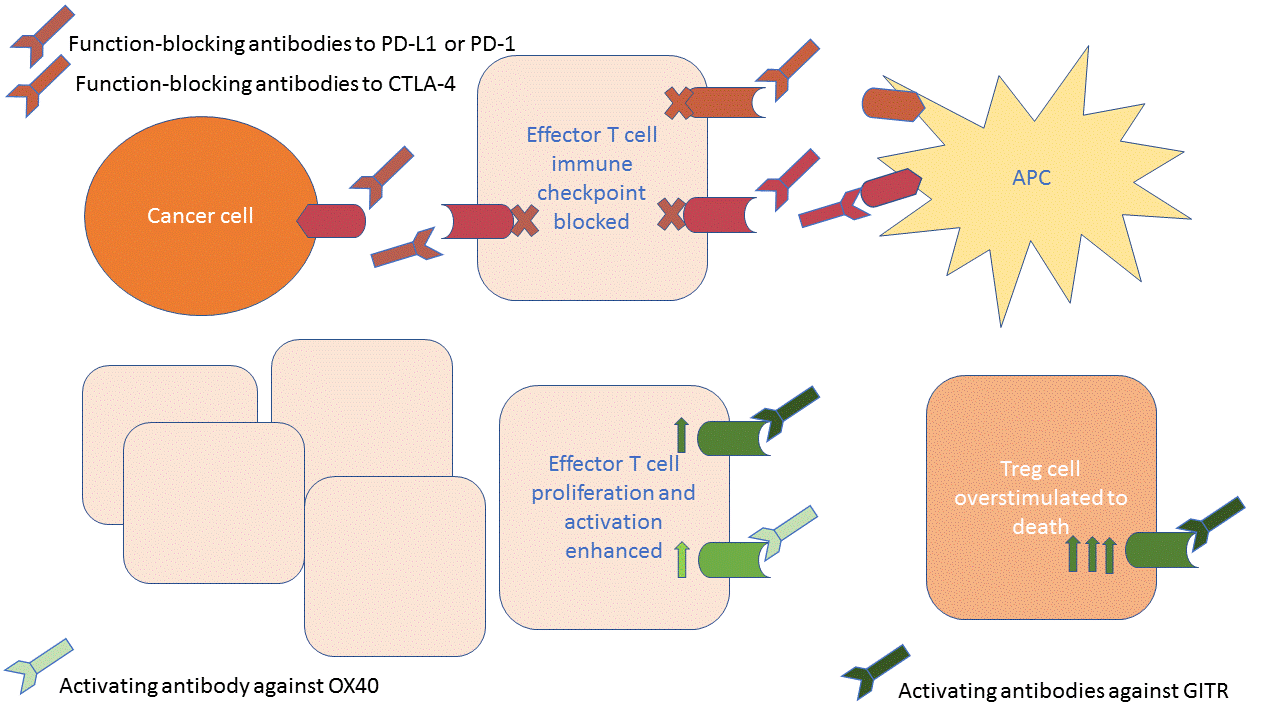New Hope for Lyme Disease Prevention
Lyme disease is caused by bacteria (Borrelia burgdorferi, Borrelia afzelii, and Borrelia garinii) that are delivered by a bite from an infected tick (Figure 1). The Centers for Disease Control (1) recommend a preventative (prophylactic) single dose of the antibiotic doxycycline for adults bitten by a mosquito with a high probability of carrying the Lyme-causing … Read more





